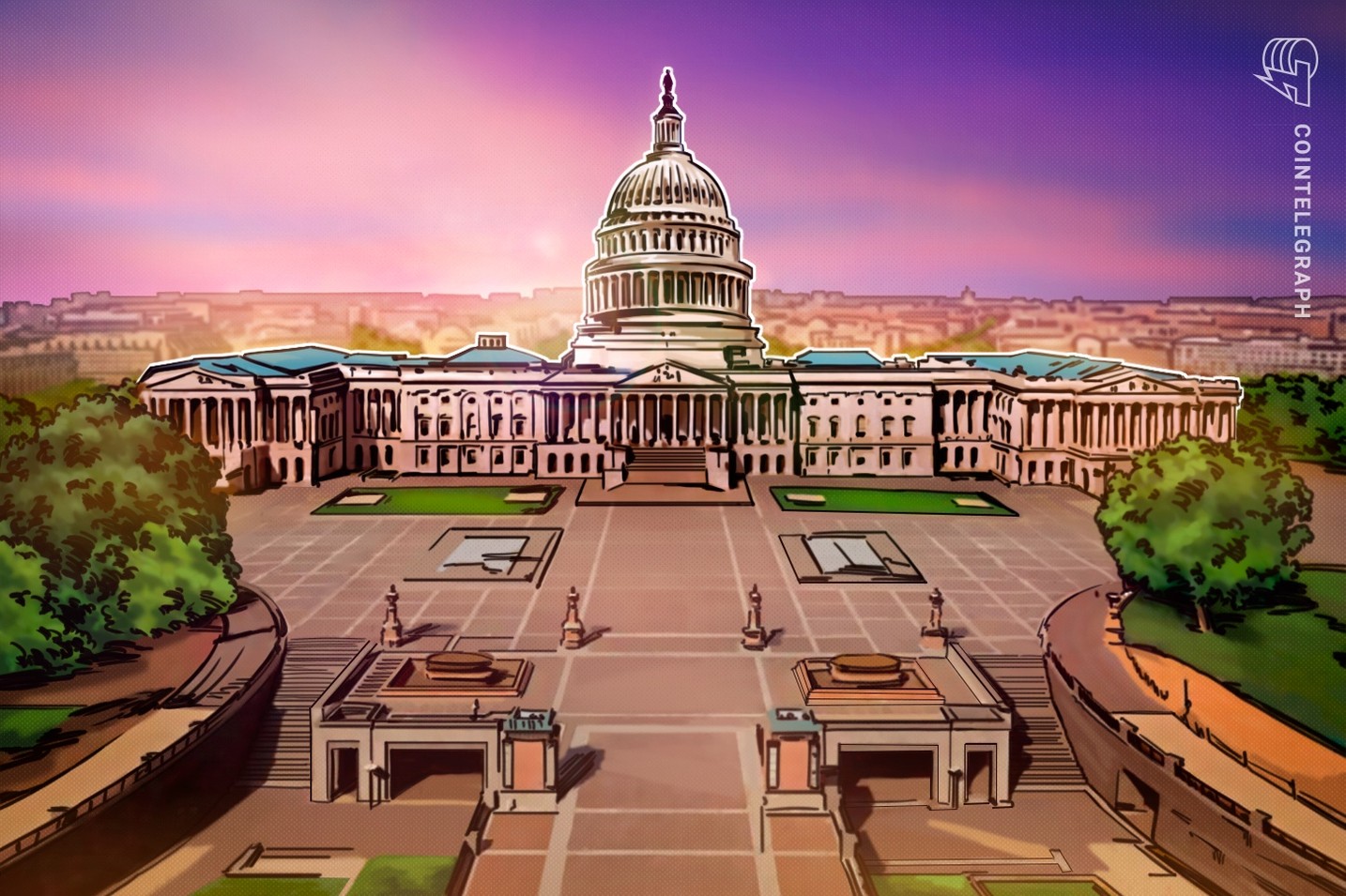Some agencies, such as the SEC, are expected to reopen the day after a funding bill becomes law, more than 40 days after reducing their operations and staff.

The US government is moving closer to reopening after more than 40 days of being shut down, following several Democratic lawmakers in the Senate siding with Republicans to pass a funding bill.
On Monday, the US Senate held a late-night vote for a bill “continuing appropriations and extensions for fiscal year 2026,” which passed 60 to 40 in the chamber. The bill is expected to fund the government through Jan. 31, 2026, provided it passes in the House of Representatives and is signed into law by President Donald Trump.
As Tuesday is a US federal holiday, the House is not expected to reconvene to vote on the bill until Wednesday at the earliest. Prediction platform Polymarket has already adjusted its expectation that the US government will return to normal operations on Friday, likely following the passage of the House bill.
Amid the government shutdown — the longest in the country’s history — many federal agencies have furloughed staff and reduced operations to align with the lack of funding.
Even if the bill were to immediately pass and be signed into law, it will likely take some time before staff can return to work. The operations plan at the US Securities and Exchange Commission (SEC), for example, will allow employees to come back on the “next regularly scheduled workday following enactment of appropriations legislation.”
Related: China raises alarm over alleged US role in one of the largest Bitcoin hacks
Digital asset market structure negotiations proceeding
On Monday, the leadership of the Senate Agriculture Committee released a discussion draft of a comprehensive bill on crypto market structure. The draft followed weeks of reported negotiations between Democratic and Republican lawmakers, about four months after the House passed its version of the legislation.
The shutdown likely helped slow progress on the bill, which Republican leaders initially expected to be out of the Agriculture Committee and Banking Committee by the end of October and signed into law by 2026.
Though Republicans still have a path forward to enact the legislation, North Carolina Senator Thom Tillis warned that pushing the passage beyond January or February could make the bill vulnerable amid the 2026 midterm campaigns.
Magazine: If the crypto bull run is ending… it’s time to buy a Ferrari: Crypto Kid
.png)
 2 hours ago
2
2 hours ago
2




